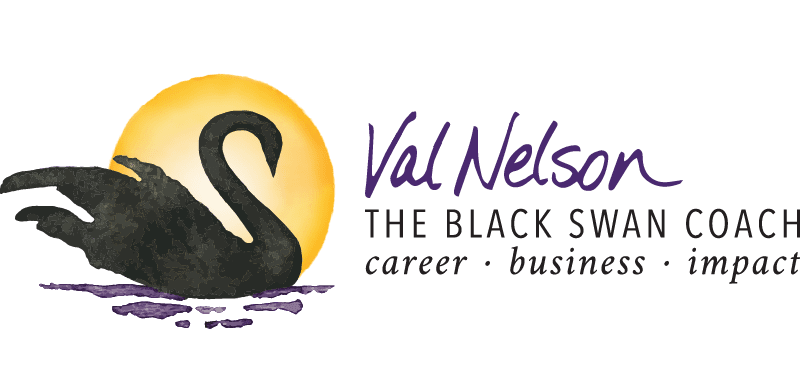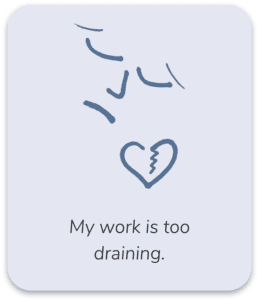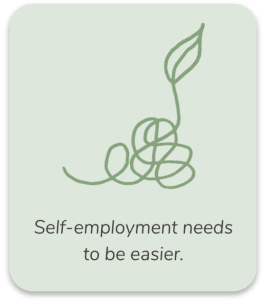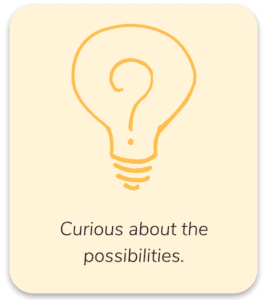Coaching, often called “life coaching,” is so misunderstood. There are so many different styles of coaching but I think what they have in common is helping you get somewhere new, or move through a challenging transition, and stay in your best flow and fulfillment.
Perhaps because it seems to be named after sports coaching, people assume coaching is going to be a pushy, just-do-it approach. I’ll describe real-world ways to use a life coach (whether career, business, or other specialties).
Usually it’s not like the pushy approach, but some are like that. The pushy approach is certainly not my style. I’m more about compassion and finding the best way that fits you.
A coach might be somewhat like a mentor, or like having a fresh second brain or an unbiased thinking partner when you’re having trouble seeing the path clearly.
Coaches Might Have a Specialty or Niche
Many coaches specialize in helping particular people, such as my specialty as a coach for introverts and/or highly sensitive people (HSPs) working on career or business goals.
A specialist will understand you more quickly which helps you make faster progress. (I also have team members I can bring in for specific issues like job search strategy or ADHD concerns.)
A coach might focus on career, business, wellness, spirituality, or other specialties. The focus might change but the methods are usually based on positive psychology, assuming they have had accredited coaching training (such as trainings accredited by the International Coaching Federation, like the one I trained with).
Some people call themselves coaches in a generic sense but have not trained in it and they are usually more like business trainers or consultants, despite their chosen title as a coach.
Many companies pay for their leaders to have a credentialed executive coach, because they see that it helps them be more effective leaders, as proven by research.
3 Classic Ways to Use a Coach
There seem to be 3 classic ways for why and how someone accesses a coach. All three are valid. I want to alert you to all three, to help you understand some possibilities.
1. Short-term Goal-focused
At first, many people come to it with a specific goal in mind. In my case, people might come to me with goals, such as finding a new career path, building confidence, growing a business, or finding work/life balance as a highly sensitive person.
They see coaching as something to help them get through a transition. They might imagine it will be a short-term thing.
2. Continuing with Evolving Goals
Then many people start to also see coaching as a supportive tool for helping them with all kinds of things. So that, instead of thinking they have to stop when they complete the first goal, they decide to update the goals and continue to go for the next “mountain.”
3. Ongoing Support To Be in My Best Flow, Balance, and Fulfillment
And then, sometimes people start to realize that they don’t have to have a specific goal to benefit from having a coach along for the journey.
Sometimes you just want (or need) a second brain or thinking partner all along the way, to stay at your best, staying true to you no matter what comes your way. It’s like having a gym membership that keeps you active all year long.
Everyone needs a support team of some kind, and often a coach is just the thing because they bring a non-biased perspective so they can focus completely on you staying true to your values and vision.
This is how I use coaching for myself.
My Story of Accessing Coaching
I’m a bit biased about how it works because in my own personal experience, I went from the 1st perspective, to the 2nd, to the 3rd. As I have for many years, I continually meet with a coach, and I’m thrilled about it.
I’m confident it is a key reason I get things done and stay true to myself. In practical terms, I see it as a “given” in my business expenses, and a “given” for my ease in life as a whole.
This method isn’t for everyone, but that’s what works for me and my brain. I need a second brain in order to be my best self.





